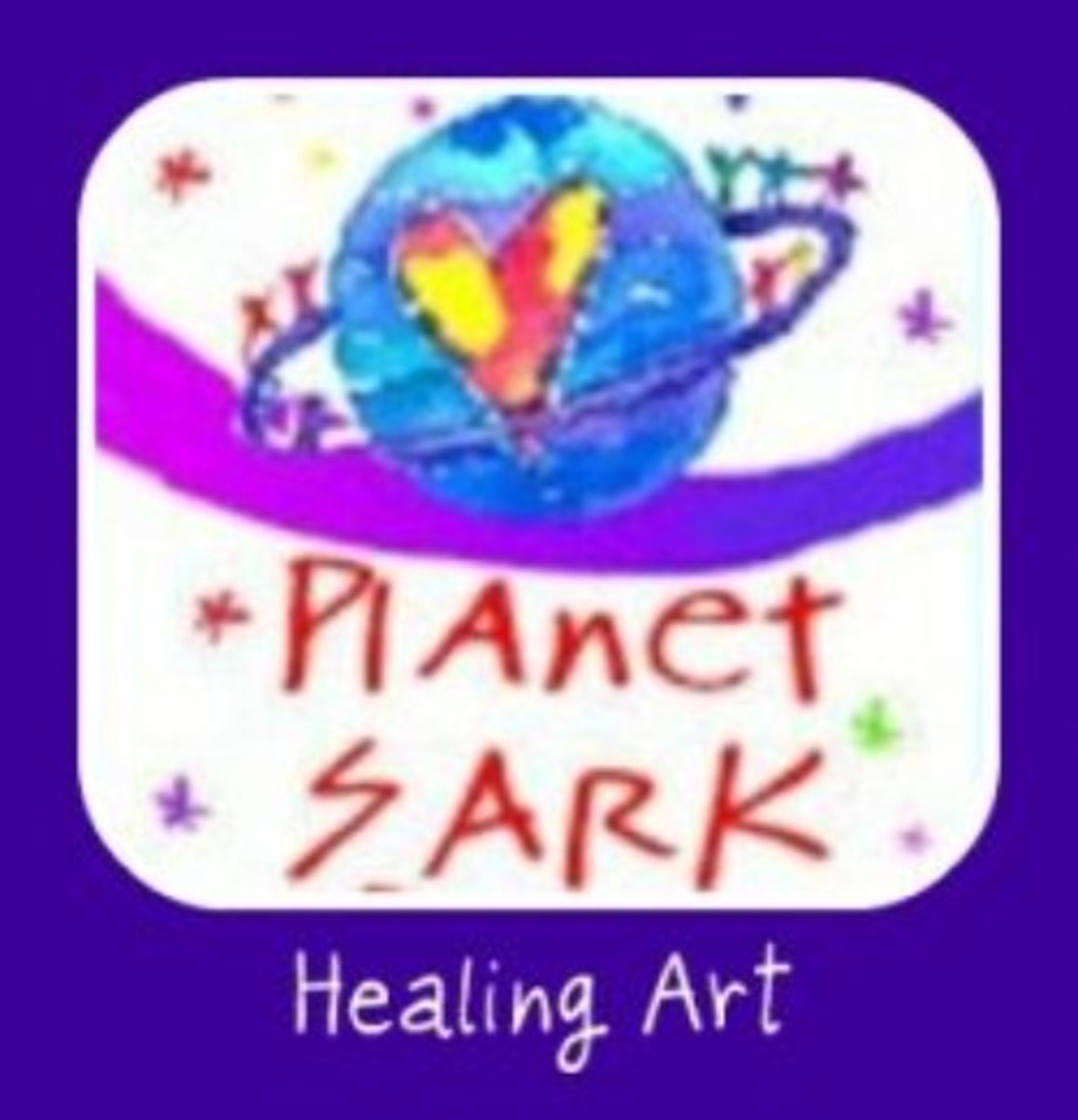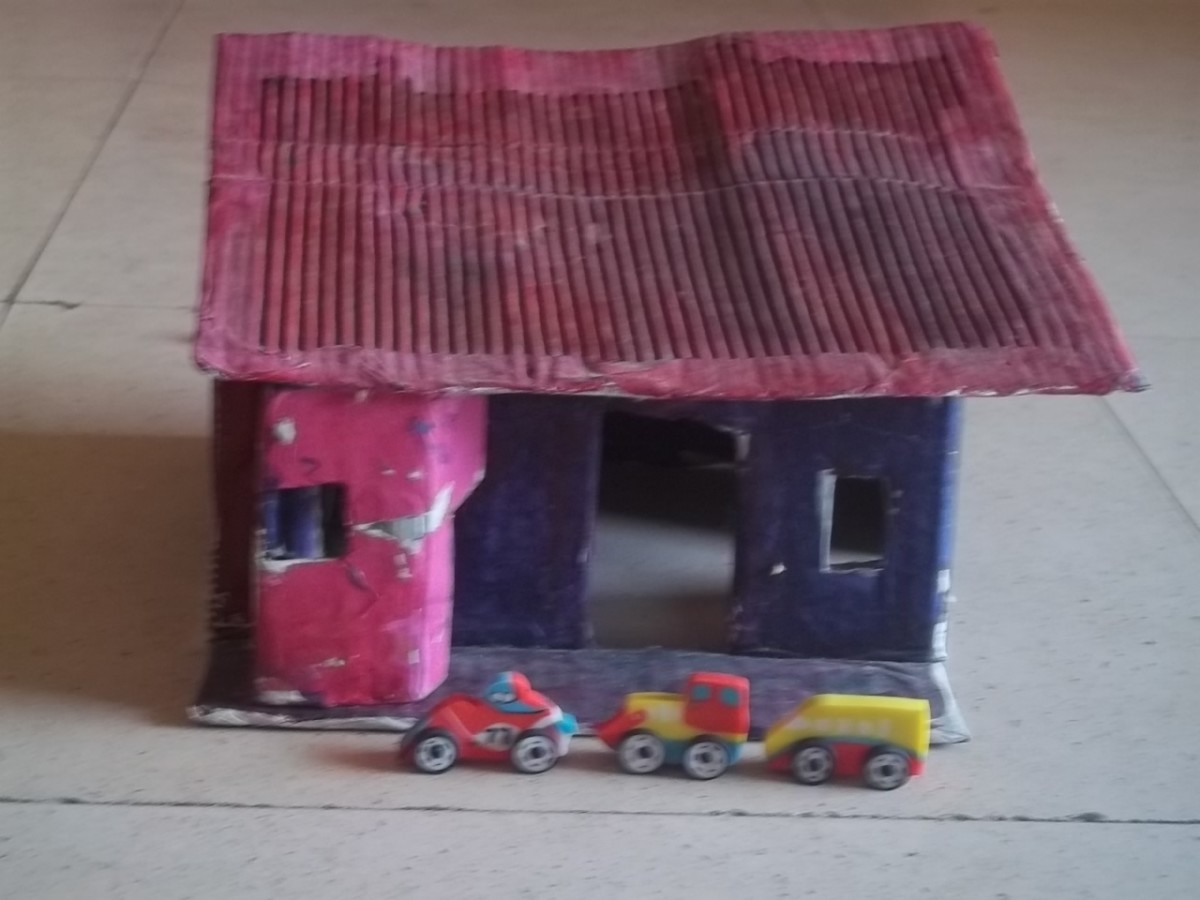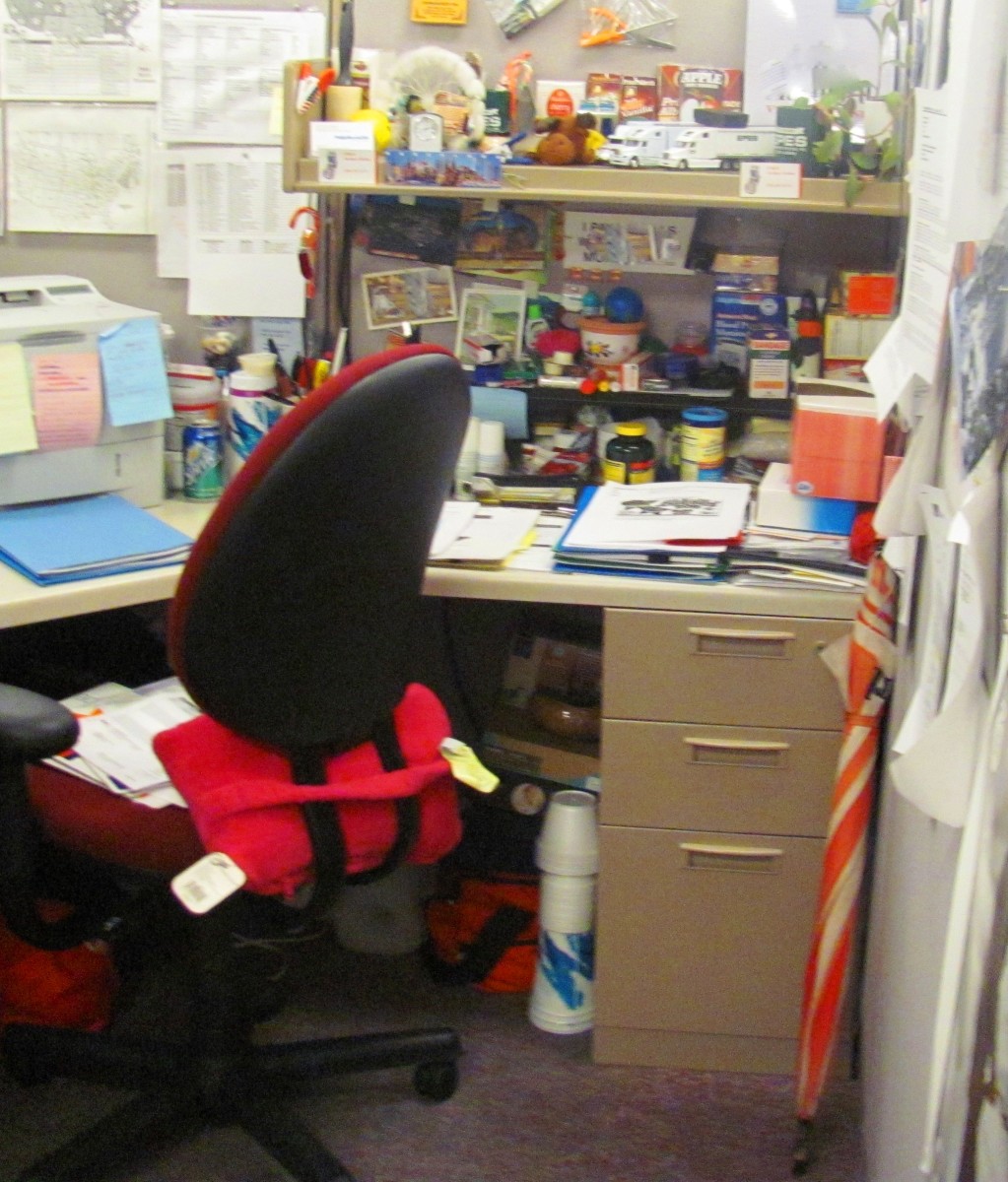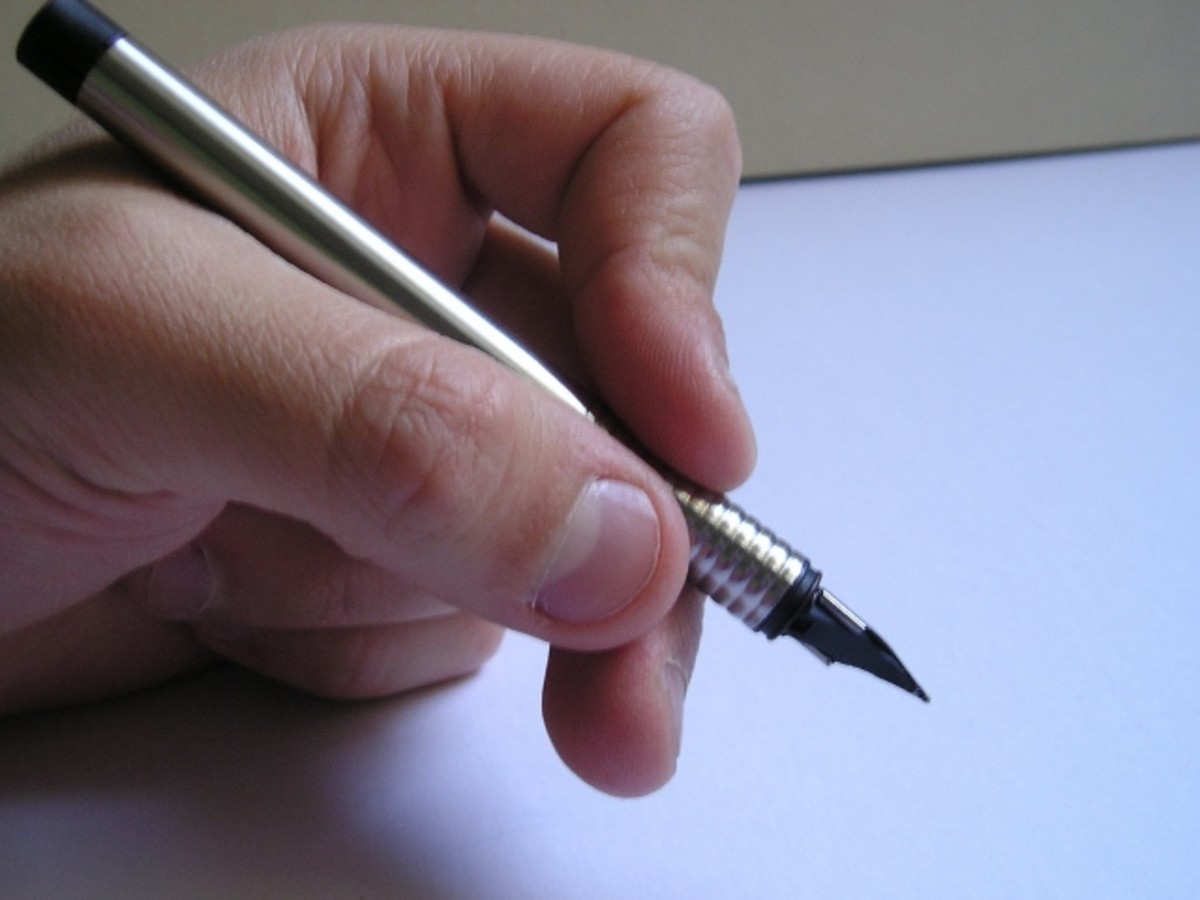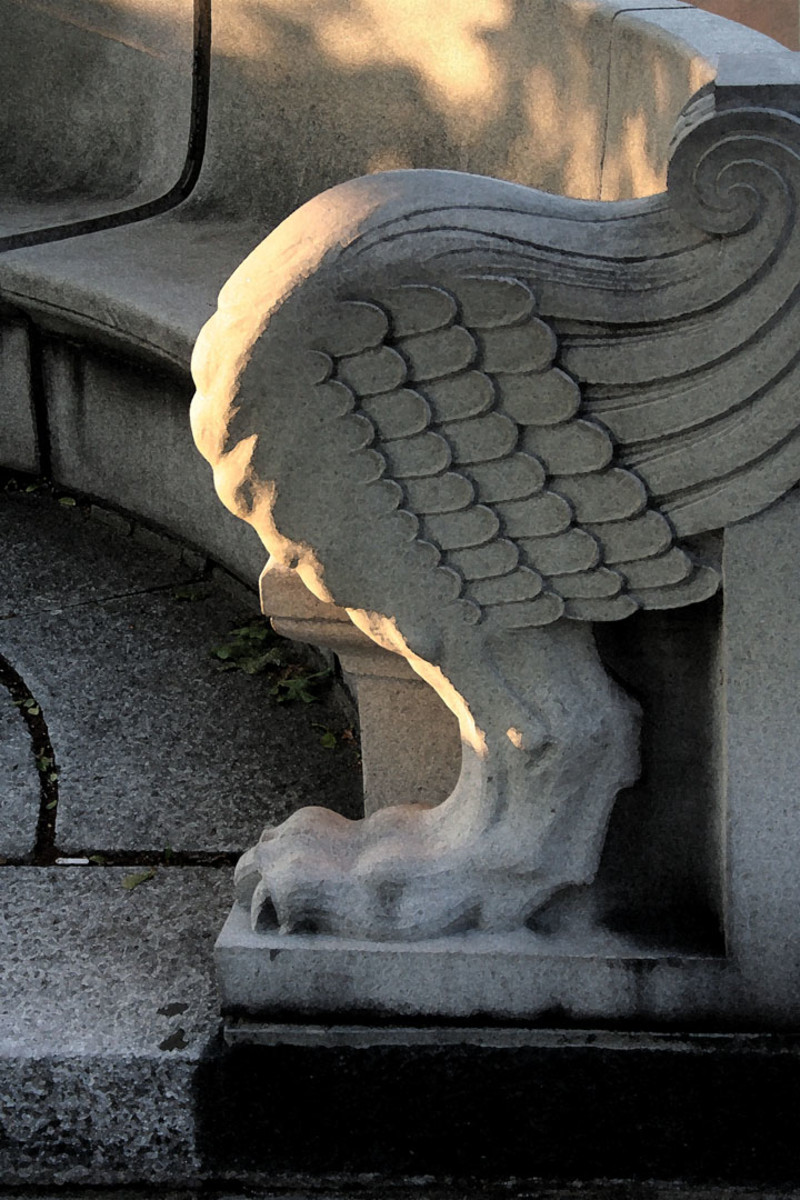Five Conditions That Affect Your Creativity
What conditions inspire you creatively?
Have you had days like this? You sit down in front of your computer determined to write 1500 words by noon. By 9:00 AM, that first word is yet to be written. At 9:30, you are looking to polish rough drafts of earlier works. When 11:00 rolls around, you’ve abandoned your computer entirely, seeking inspiration from television or magazines. You’re 1500 words short of your goal when lunchtime arrives. In the middle of the afternoon you’re washing clothes or cutting the lawn in an effort to feel productive. When the sun sets, you’re lamenting another day lost.
Does this ever describe you? Are you sometimes feeling pressure to write? You are certainly not alone. Writers, artists, musicians or anyone involved in creative endeavors occasionally feel drained of inspiration. It is sometimes called burnout or being stuck in a rut. For those who create using words, it’s called writer’s block. When this occurs, most of us dig deeper inside and force ourselves to carry on, particularly if our livelihood depends upon our writing. Self-determination is essential, but it is also important to look around and make certain the conditions to inspire one’s creativity are optimal.
What conditions inspire you?
You have probably trained yourself to look inward for inspiration, but many external factors affect your ability to create. If any of them aren’t right for you, your work may be adversely affected. Listed below are five factors that can affect your creative productivity.
More about writing from Amazon.com
What inspires you?
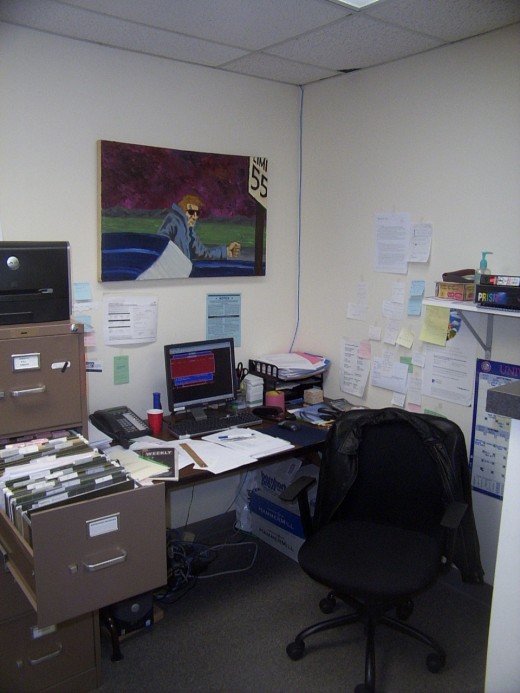


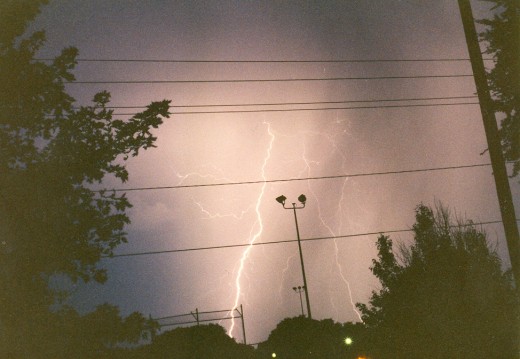

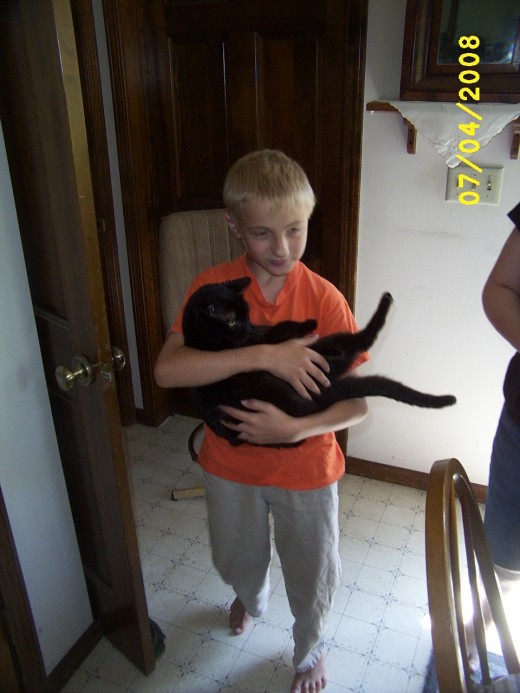
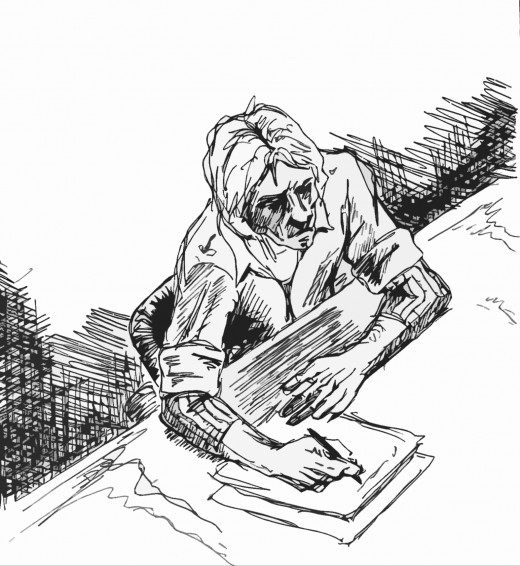
Five conditions that affect you creatively
1.) Time of day. When are you at your best? Do you feel most inspired early in the morning, or are you a night owl? It is important to manage your day in a way that maximizes your energy and enthusiasm. Some people want to get busy before the events of the day encroach upon their thoughts and focus, while others prefer to get their mundane tasks finished first. The self-awareness to know when your best work is accomplished is paramount to your success.
Mix things up and see what happens. The best part of your day might currently be devoted to household chores. Even if you know when you’re most productive, you may simply be bored with your routine and need a change of pace. A new or adjusted schedule might be sufficient to jump-start your creative impulses.
2.) Working environment. The environment you have created to work in will always affect your productivity. You likely have already determined the physical environment most conducive to positive results. You know if you require clean, organized surroundings or if you thrive in clutter. You have learned whether peace and quiet is a requisite, or if you need background noise or activity to flourish.
Change your environment if you’re struggling. Go to the library or a café to write and see if a change of scenery improves your productivity. You might simply be bored with your surroundings and need something new to look at once in awhile. You don’t have to sell your house—just get out of it once in awhile.
3.) Pressure. Do you thrive under pressure, or does it stifle you? Many deal with pressure as an everyday and even a welcomed part of their lives and cope with it easily. Some see pressure as a motivating force, but there is no shame in admitting that you don’t do your best work under stress. If pressure inhibits more than it inspires you, it is important to take action.
Are you feeling pressured by people? Is a spouse or friend in the background, whispering in your ear to get a “real” job? Do you sense an element of condescension from acquaintances who believe writing isn’t a legitimate occupation? You might not be in a position to ignore their feelings but if your work is important to you, you must develop a support network for when you need a boost. Your network can take many forms and include friends and relatives, other writers or fans of your work. If negativity is hindering your creative process, it’s time to turn to those who believe in you.
Perhaps you’re feeling pressured not by people, but things. If you’re struggling with bills, the car is making an odd sound or there is an illness in your family, address these issues before moving onto your work. You won’t solve your problems in one morning, but anything you do to contribute to their solution will free your mind to create. Pay your bills before starting your work, or call the mechanic and make an appointment for your car. You will feel more at ease and ready to work.
4.) Goals. Goals are necessary to the creative process. Without a goal, there is no focus or follow-through. When you’re struggling, the temptation exists to abandon one project for another and still another—ultimately, nothing gets finished.
It is important to keep your goals from becoming pressure. A goal to make a living as a writer can be inhibiting if you’re struggling creatively. A desire to write an article a day can quickly feel like a deadline.
Goals do not need to be approached in an all-or-nothing way, particularly when dealing with burnout or writer’s block. They must remain manageable in order to be inspired by them. Adjust accordingly to keep goals challenging without making them so daunting they inhibit you. Temporarily scale back your expectations when you’re struggling, but never abandon your goals. Raise the bar when you’re back to your normal self.
5.) Intangibles. Being in the presence of things we appreciate inspires us. If we accept into our lives the things which speak to our soul, it will respond in kind. A thunderstorm might spur some of us to creativity—for others, perhaps music is a trigger. Many are moved by mountains, the ocean or a desert. Some find it easiest to hear their creative voice speak in solitude, while others come alive in the midst of a crowd. A few will be inspired by a field dotted with flowers in the summer, and others find meaning in the midst of a December snow. Some will watch children at play while others look to God. Find whatever touches your heart and immerse yourself—you will find your creativity, as well.
Reconnect with your inner self
Creativity can’t be forced and sometimes it just isn’t there, but it never leaves you—it simply lies dormant, waiting to be reawakened. No one else can motivate you, but everyone can learn what inspires them to flourish as creators. It isn’t enough to focus on your work—how you focus on it matters, also.
If your creative instincts are currently hiding from you, act immediately to reclaim your power. Recovering your creativity is regaining access to one of the best parts of yourself—the part that makes something from nothing or touches another person in a meaningful way. It expands your consciousness and makes you more than you once were. It is special.
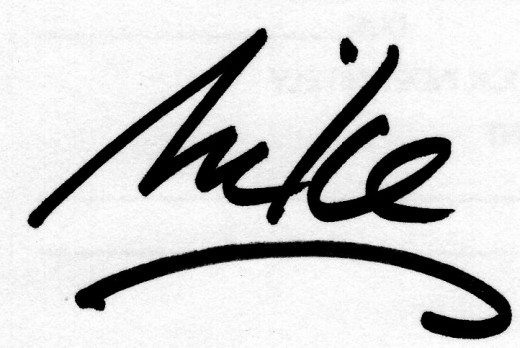
Read more articles from this author about creativity
- Why Do Artists Create?
As a writer and artist, I frequently deal with the frustrations associated with making the visions inside my head real. Writing poetry or fiction or creating a new oil painting often presents setbacks and... - Using a Creativity Journal
On Christmas Day I received a small book from a friend as a gift. I tore the shiny wrapping paper from my package to see what kind of book I was given, and was delighted to discover it was a journal. ... - A Creative Memorial Day Tribute
The month of May brings us one of the most sobering holidays of the year--Memorial Day. This holiday is a time for remembering family and friends who are no longer with us. It is typically remembered... - Painting Versus Music--The Financial Dilemma
Why do musicians achieve fame and fortune in their lifetime, while visual artists struggle for notoriety and the financial independence to support their creative endeavors? What makes the Rolling Stones more... - What is Art? What is Not Art?
Recently I engaged in a conversation with a fellow alumnus of the University of Kansas School of Fine Arts, and we spent time comparing what we understood and appreciated about art, both as creators... - Art Trading Cards (ATC), Collage and the Fear of Drawing
Ive been considering branching out into some types of art I dont ordinarily work in. I have been producing Art Trading Cards (ATC) recently, and my fascination for these tiny pieces of art have... - Why Do We Create Art?
There have been many folks on web sites, blogs, or Facebook pages that display artwork along with personal photos, including myself. I studied art at the University of Kansas, and have used art to progress...





